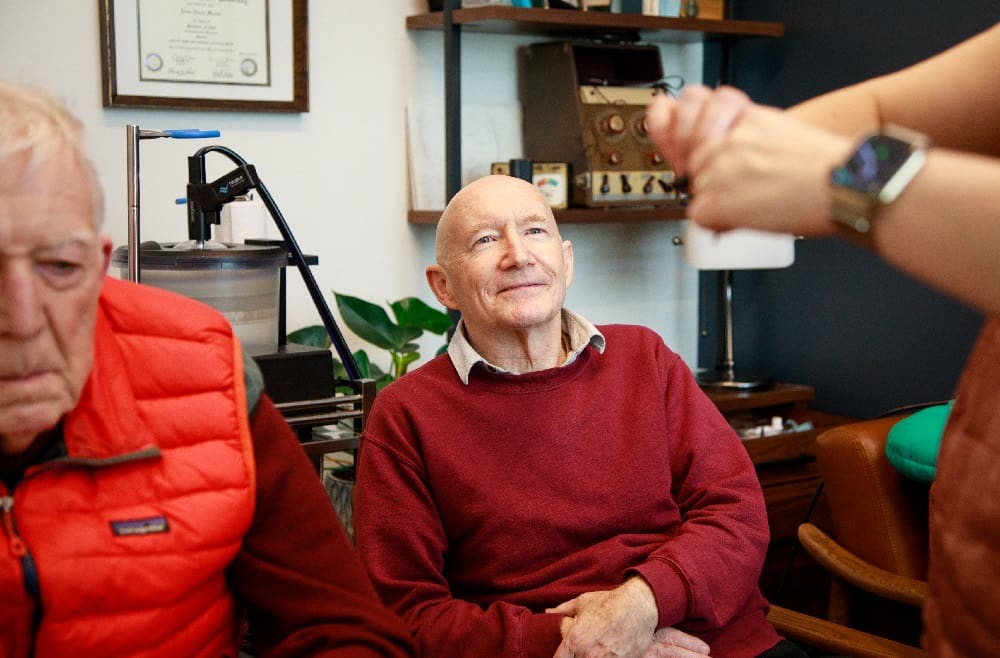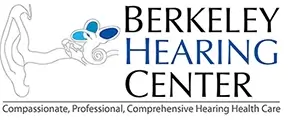
Advanced Hearing Aid Technology for Your Unique Needs
Advanced prescription hearing aids, tailored to your specific needs and wants, can be a life-changing solution for those with a hearing loss.
Hearing aids aren’t just for your hearing; they’ve been shown to improve your balance, your memory, and even your lifespan. They’re a worthy investment in your future, but when you realize you need hearing aids, where do you even start?
Great technology is just one piece of the puzzle. Deciding who to put your trust in for something as important as your hearing health is a major choice – that’s where our team of knowledgeable and passionate audiologists comes in!
Our team is committed to providing comprehensive hearing healthcare. From accurate testing to consistent follow-up care, you benefit from a team of caring people that want to help you succeed, not just sell you a device.
We’re here to enhance your hearing healthcare investment and empower you to make informed choices about your hearing challenges.
Modern Technology and Digital Hearing Aids
When you think of hearing aids, what’s the first image you think of? Probably the bulky, awkward devices that your parents or grandparents wore, buzzing behind their ears at the dinner table. Thankfully, today’s hearing aid technology has come far beyond the tech of old.
These advanced devices pack impressive capabilities into remarkably small packages. They not only help you distinguish conversations in noisy environments but also offer a range of features to enhance your hearing experience.
Hearing aids have become sophisticated tools that seamlessly integrate into your daily life, improving not just your hearing but your overall quality of life.
Begin Your Hearing Health Journey Today
You’ll receive a personalized care plan that’s tailored to your specific needs, including your lifestyle choices, budget, and unique hearing loss challenges. Our team of experienced audiologists is here to provide support every step of the way.
Contact us using the adjacent form to get in touch with one of our doctors of audiology.








